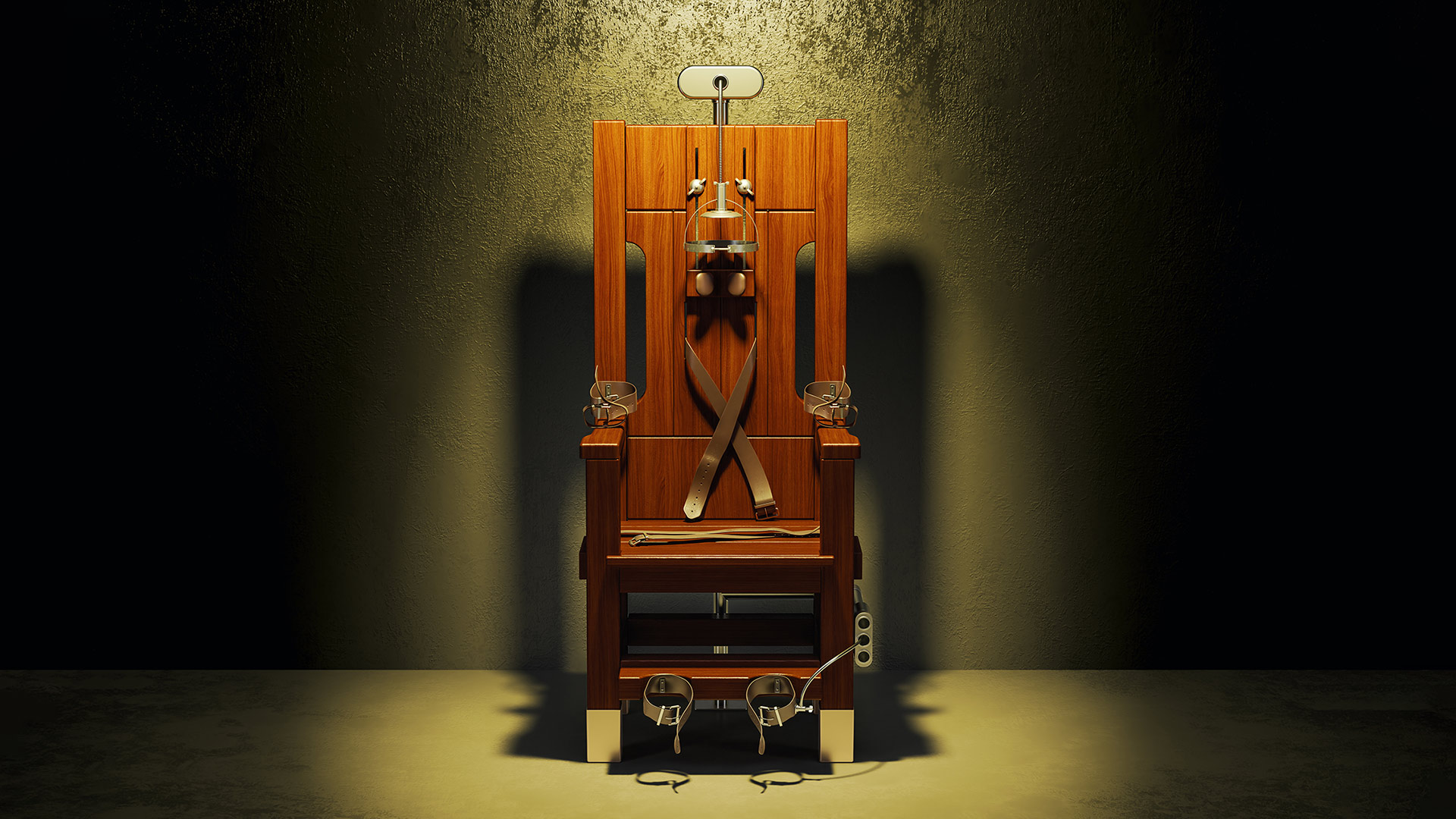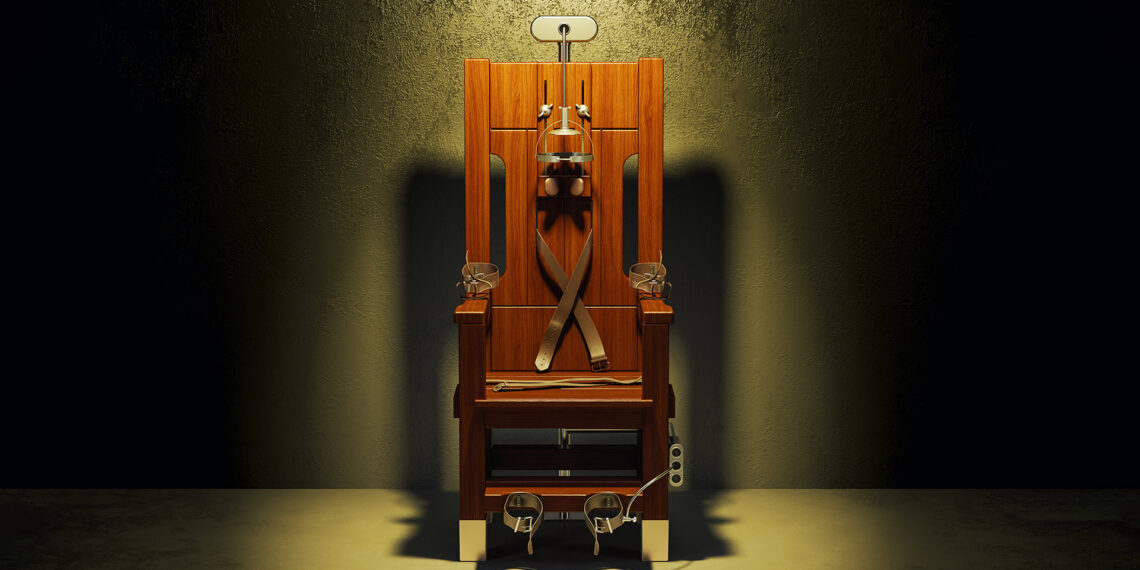[ad_1]

In a marked shift of public sentiment, an annual report on capital punishment in the United States has revealed that more Americans are ambivalent toward the death penalty, with many perceiving it to be administered unfairly.
The report suggests that this perception is contributing to the continued decline in the use and support for the death penalty in the country.
The Death Penalty Information Center’s report highlights key findings for the year 2023, indicating a total of 24 executions and 21 death sentences.
Notably, only five states — Texas, Florida, Missouri, Oklahoma and Alabama —conducted executions, marking the lowest number in two decades.
The decline in executions and sentences for the ninth consecutive year reflects the growing rarity of the death penalty in the United States.
A Gallup poll from October further supports this trend, with 50% of Americans expressing the belief that capital punishment is applied unfairly, compared to 47% who consider it fair.
This marks the highest level of skepticism since Gallup began asking about the fairness of the death penalty in 2000.
Experts remain divided on the future of capital punishment in the U.S. While some scholars were optimistic about its eventual eradication, others, such as Eric Berger, a law professor at the University of Nebraska-Lincoln, suggested a more plausible scenario of continued decline rather than complete disappearance.
“I think what’s more likely is it’s going to continue to decline. But I think it’s less likely that in the foreseeable future it’ll totally disappear,” Berger stated.
The report also sheds light on ongoing debates and challenges surrounding the death penalty.
Concerns about fairness, coupled with significant developments such as the killing of George Floyd in 2020 and nearly 200 death row exonerations since 1975, have contributed to changing public attitudes.
Some conservative legislators, including those in Texas, have raised concerns about the death penalty, indicating a nuanced shift even in traditionally pro-death penalty states.
However, certain states, such as Alabama, Florida, Oklahoma and Texas, continue to firmly uphold the death penalty.
Legislative actions, such as Florida Governor Ron DeSantis signing bills enacting two new death penalty laws earlier this year, demonstrate that support for capital punishment persists in some quarters.
“If you commit a crime that is really, really heinous, you should have the ultimate punishment,” DeSantis said following the bills, one of which established the death penalty as a punishment for child rape convictions.
The report also addresses challenges faced by states in securing execution drugs, leading to the exploration of new and untested methods or the revival of previously abandoned ones.
Alabama’s scheduled attempt to execute an inmate with nitrogen gas in January 2024 and Idaho authorizing executions by firing squad in July 2023 exemplify these challenges.
As of now, 29 states have either abolished the death penalty or implemented a moratorium.
Corinna Lain, a professor at the University of Richmond School of Law, speculated that the number could rise to 40, but a nationwide ban would require action from the U.S. Supreme Court.
However, recent actions by the Supreme Court indicate reluctance to impede states carrying out executions.
Despite declining support, the Gallup poll shows that 53% of Americans still favor the death penalty for convicted murderers, marking the lowest level since 1972.
Partisan differences persist, with 81% of Republicans supporting the death penalty compared to 65% of Democrats opposing it.
The report concluded that while the death penalty is facing increased scrutiny and declining support, its future status the United States remains uncertain.
[ad_2]




